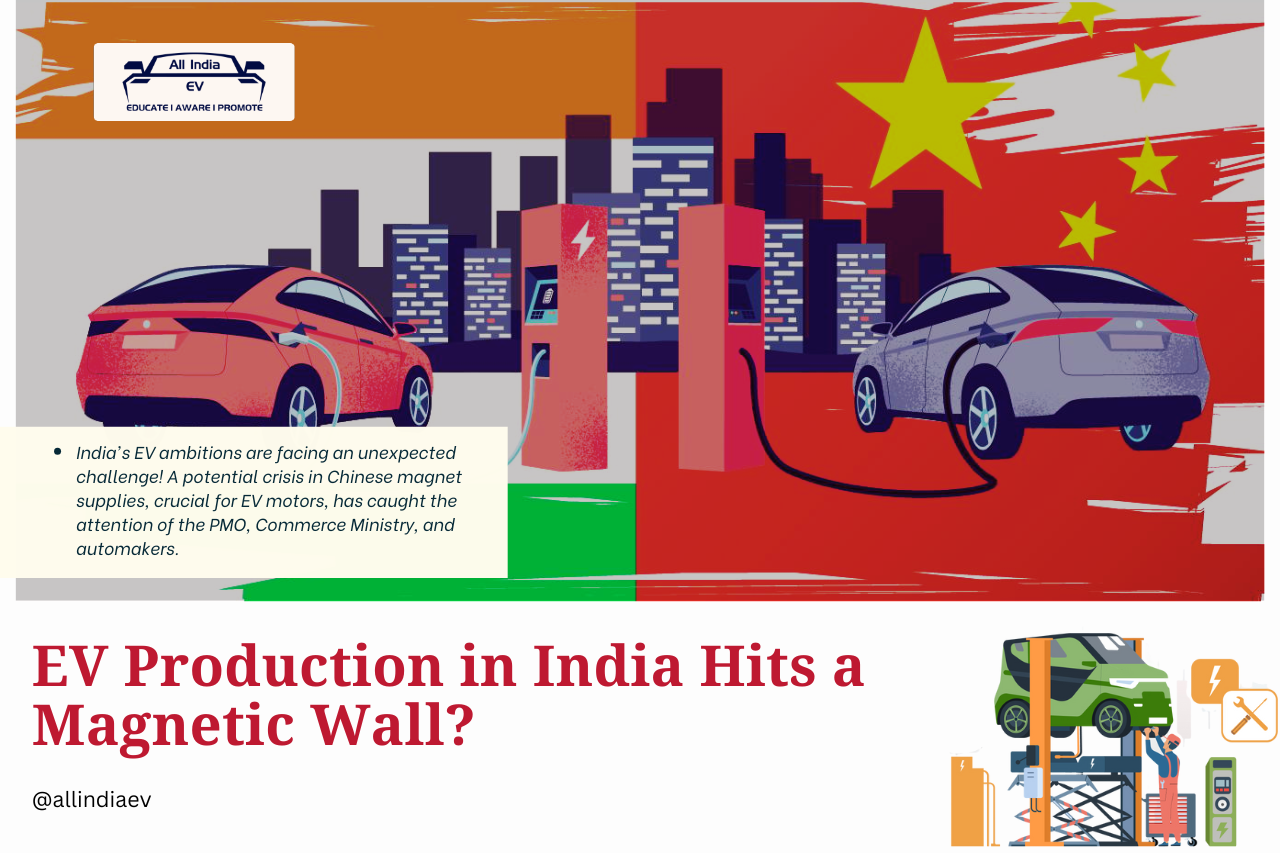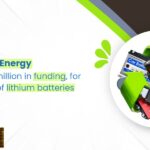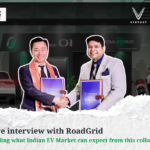
EV Production in India Faces Crisis: Automakers Appeal to PMO Amid Chinese Magnet Shortage Threatening Wider Production Cuts
India’s leading automobile manufacturers are raising red flags over a potential industry-wide crisis stemming from restricted exports of rare earth magnets from China—an issue that could stall production lines not just in electric vehicles (EVs), but across the broader automotive sector.
Top industry bodies including the Society of Indian Automobile Manufacturers (SIAM) and the Automotive Component Manufacturers Association of India (ACMA) are scheduled to meet officials from the Ministry of Commerce today to voice concerns about China’s tightened control over magnet exports, industry sources confirmed.
These bodies have also approached the Prime Minister’s Office (PMO) last week, underscoring the urgency of the situation. “The entire production ecosystem is at risk. It’s not just EVs anymore—any vehicle with an electric motor is now vulnerable,” said a senior executive from a top auto firm, requesting anonymity.
Magnets at the Heart of the Storm
Rare earth magnets, particularly neodymium magnets, are essential for compact, high-performance motors used in EVs, hybrid vehicles, air-conditioning units, starter motors in ICE vehicles, drones, and even advanced ceiling fans. China currently commands near-monopoly status in their production and export.
Recently, the Chinese government enforced a licence-based export policy for rare earth magnets, citing national security and trade concerns amid ongoing geopolitical tensions with the U.S. Each licence requires detailed disclosures including the intended application, product photographs, and even government endorsements from the importing nation. The process takes up to 45 days and is only valid for six months.
Not Just EVs—Entire Auto Sector at Risk
Contrary to initial assumptions that the crisis would hit EV manufacturing the hardest, insiders now reveal that conventional ICE vehicle components are equally at risk due to their dependence on motors employing permanent magnets.
“The headlines are about EVs, but this hits starter motors, HVAC systems, and more. We’re looking at a slowdown unless there is immediate government intervention,” said another executive closely involved in policy outreach.
‘Buy Motors, Not Magnets’—China’s New Ask
In an apparent workaround, Chinese suppliers have suggested Indian companies import finished motors rather than just magnets. However, Indian firms argue that this move would undermine the Make in India localization goals and hinder long-term competitiveness.
“This contradicts our self-reliance strategy. Importing full motors reduces domestic value addition and hurts the overall supply chain,” said a senior executive from a leading auto component firm.
Industry Seeks Government Diplomacy
The auto industry is now pushing for the Indian government to engage diplomatically with Chinese authorities to secure exemptions or relaxed terms—similar to what the US and UK reportedly negotiated earlier.
Industry watchers say the government’s next steps will be crucial in ensuring manufacturing stability across India’s automotive and EV segments.
EV will continue tracking developments as the industry awaits official responses from the PMO and the commerce ministry.










